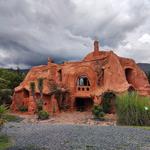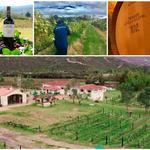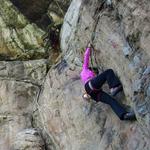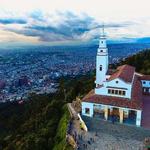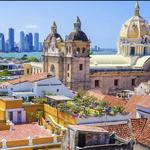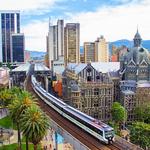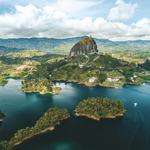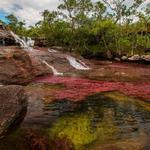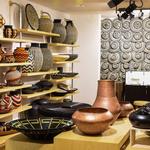Yarima & Astolfo
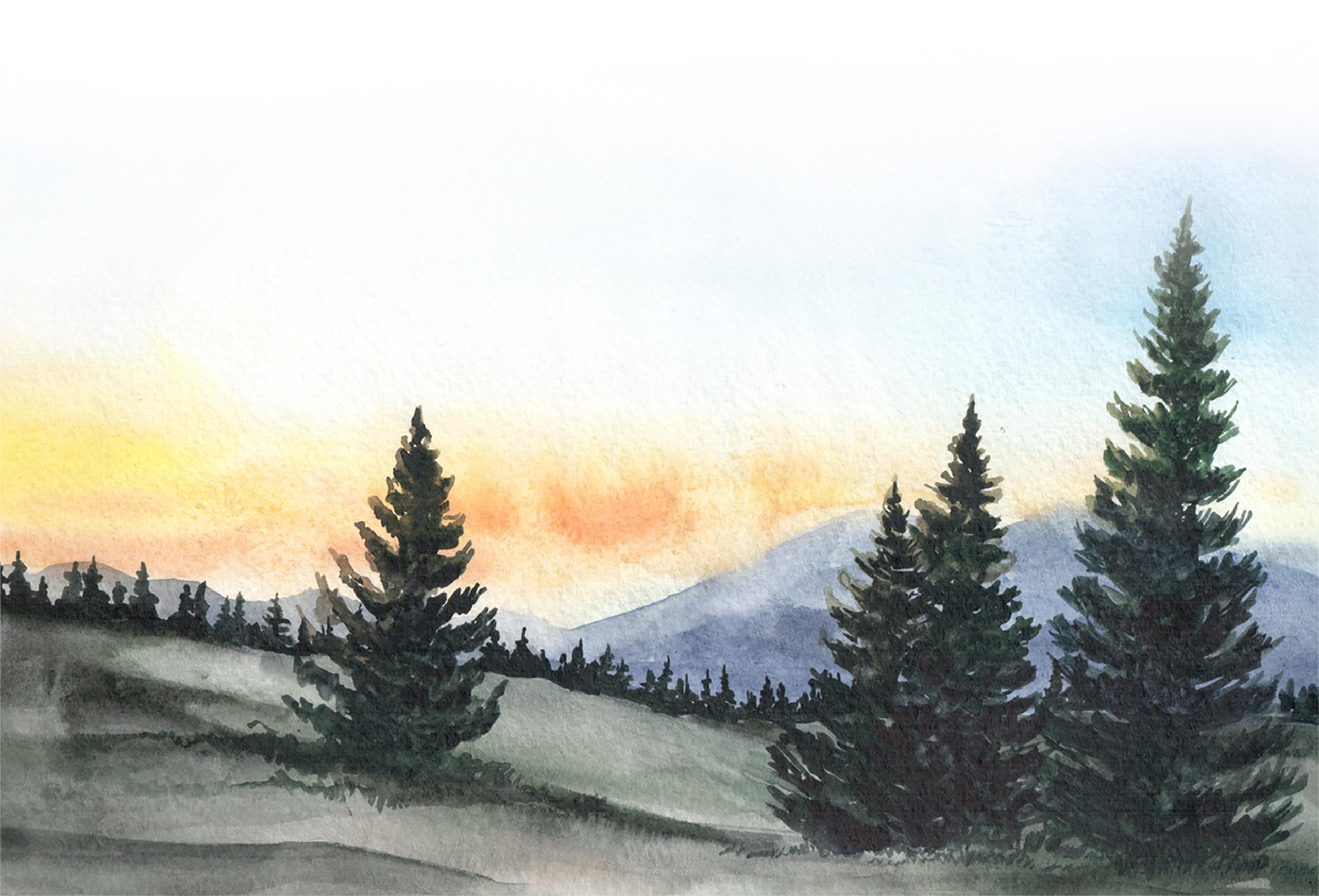
Things To Do/ Cosas para hacer
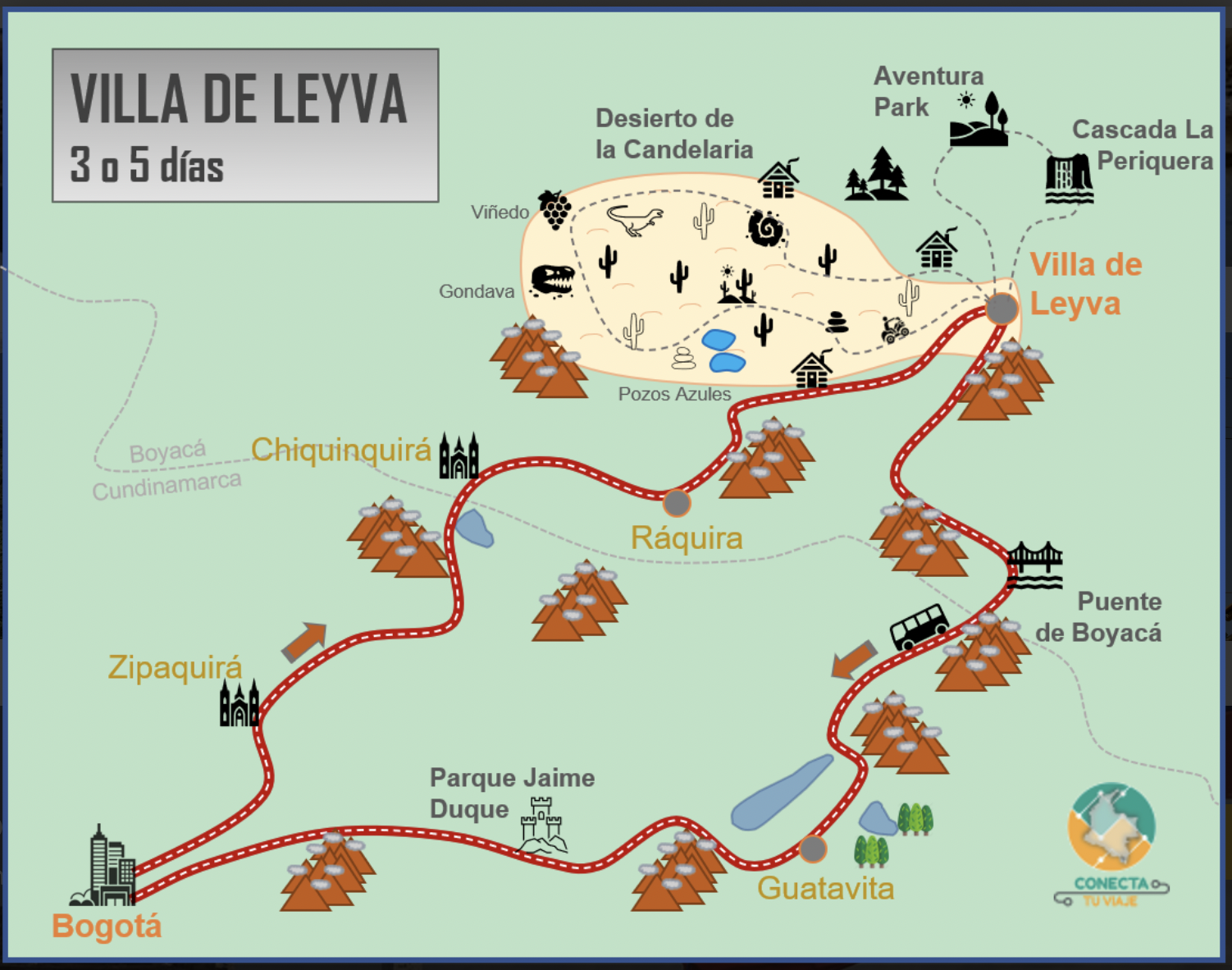
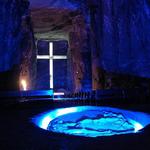
Catedral de Sal de Zipáquirá - Salt Cathedral
Beautiful completely carved in Salt Cathedral is unique in its kind and presents visitors a majesty unparalleled. 180 meters underground lies a place away from everyday life invites reflection, self-discovery and inner encounter with the spiritual part.
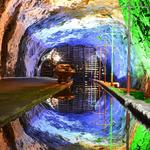
Mina de Sal de Nemocón - Nemocón Salt Mine
The Salt Mine Nemocón with over 500 years of history underground is an attraction of Colombia in South America, imposing building at 80 meters deep. Mining tunnels descending the mountain bearing the visitors begin their journey through this amazing construction that will take you to the House of mirrors natural brine, salt cascade over 80 years old and the fountain or wishing well, which they are some of the magical places to discover. In the chamber of the Chapel with its enormous sphere carved in rock salt 1300 kilos symbolizing the world's mining tradition is revived, wedding vows, thanksgivings miners, drivers and devotees of the Virgen del Carmen are renewed. In hunch camera or the lovers I surprised with the salt crystal only 1,600 kilos in the world, carved in the shape of heart.
![Laguna de Guatavita [ElDorado leyend] - Lake Guatavita [Leyenda de ElDorado](https://images.zola.com/d26aa6d1-2ab8-4385-b500-c173803f4511?h=150)
Laguna de Guatavita [ElDorado leyend] - Lake Guatavita [Leyenda de ElDorado
Guatavita is a small colonial town about an hour and a half away, north of Bogotá. In this place is located the sacred lagoon of Guatavita, surrounded by native forests. The ‘Laguna de Guatavita’ is the site where the ritual that started the legend of El Dorado was celebrated. The legend says that the ‘Cacique’ (chief) covered his entire body with gold dust on its waters. Also deposited from a ceremonial raft were offerings of gold and emeralds in the depths of the lake. He then plunged into the sacred waters and thereby gained the favor of the gods. Enjoy this mystical place and take in its landscapes and majestic nature. travelombia.com/package/laguna-de-guatavita/
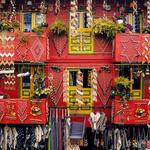
Ràquira - Sutamarchàn, the Pottery Capital of Colombia - la capital de la cerámica
Ráquira, a village of 3,400 people, sits at an altitude of 2,150 meters (7,050 feet) in the mountains of Boyacá, a trek of just a few hours outside of Bogota. The town dates back to Muisca who lived here long before the Spanish conquest. Raquira, meaning ‘City of Pots’, has always been famous for its ceramics, pottery and handicrafts. Pottery fragments have been found dating back 8,000 years. Pottery has always been the town’s bread and butter and remains so today.
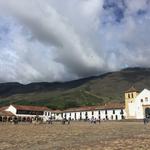
Plaza Mayor de Villa de Leyva
At 120m by 120m, Plaza Mayor is one of the largest town squares in the Americas. It's paved with massive cobblestones and surrounded by magnificent colonial structures and a charmingly simple parish church. Only a small, central Mudejar fountain, which provided water to the villagers for almost four centuries, interrupts the vast expanse. In most Colombian cities the main square is named after a historic hero, but this one is traditionally and firmly called Plaza Mayor.
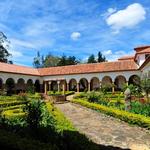
Santo Ecce Homo Convent
Founded by the Dominican fathers in 1620, this convent is a large stone-and-adobe construction with a huge, faintly regal courtyard. The floors are paved with stones quarried in the region, so they contain ammonites and fossils, including petrified corn and flowers. There are also fossils in the base of a statue in the chapel. The chapel is endowed with a magnificent gilded main retable with a small image of Ecce Homo. The original wooden ceiling is full of fascinating details: note the images of pineapples, eagles, suns and moons (used to help convert indigenous peoples); the skull and crossbones with a Bolivian-style winter cap in the sacristy; and the crucifix in the Capitulary Hall showing Christ alive (his eyes are open), a rarity in South America. Look out for the drawing of Christ in the west cloister – from different angles it appears that the eyes open and close.
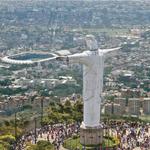
Cali
The Salsa capital of the world. Be prepared to dance your heart out! Located in western Colombia, between the Pacific and the Andes, Cali is the city of salsa. Avianca flies to Cali, a city where ‘salseros’ such as Óscar d'León, Richie Ray, Ray Barreto and orchestras such as Guayacán, La Mamba Negra or Fruko y sus Tesos have triumphed, inspired by places like Calle Quinta, Parque de los Poetas or even just its fresh climate. Bear in mind its tropical climate, as well as its rainy seasons between March and May, and between September and November. The influence of salsa in Cali is so strong that the band Grupo Niche dedicated several songs to the city. Their best-known hit, Cali Pachanguero, composed by Jairo Varela in 1984, is played every December at the Cali Fair, an event that brings together professional dance schools and about 600 thousand attendees. https://www.avianca.com/eu/en/search-and-book/destinations/flights-to-cali/
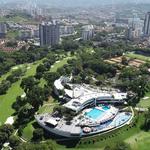
Bucaramanga
The City of Parks / La ciudad de los parques In the capital of the department of Santander, you'll enjoy a pleasant weather that stays around 77 degrees Fahrenheit all year long. The luscious green of this city's many parks give it a distinctive feel. In fact, Bucaramanga is known as the "City of Parks." Bucaramanga's culinary offerings, which include charming local dishes such as cabrito (roast goat kid), pepitoria, hormigas culonas (a type of large ants, cooked), arepa de maíz pelado (a type of corn-based bread), bocadillo veleño (guava jelly), tamal santandereano (a type of tamale usually filled with meat, beans, peppers, and other ingredients), carne oreada (sun-dried steak), mute (a traditional soup full of meat, beans, vegetables, and pasta), and changua (egg and milk soup), also help set the city apart.
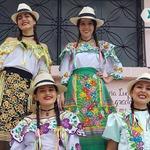
Vélez
Reinaldo's home town (Yarima's dad). Fun fact: protagonist, Mirabel Madrigal, from the recent Disney movie: ENCANTO, wears the skirt and blouse that for the municipality of Velez represents identity and elegance. Vélez is known as the Capital of Folklore due to the very colorful fairs and festivals that take place in this municipality. It is also very famous for its Veleño sandwich, a product that is part of the tradition and they are delicious reddish guava sweets and a soft texture. In Vélez , you can visit the sandwich factories and know the whole process of elaboration, in addition to trying them. https://www.archynewsy.com/in-velez-santander-they-prepare-their-suits-for-the-expected-premiere-of-encanto/
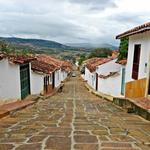
Barichara
The small town of Barichara is close to the city of Bucaramanga. At 350km from Bogota, it’s a fair distance from Colombia’s capital but well worth the trip. The town is best known for its intricate and well-preserved architecture, offering visitors the chance to step back in time and experience Colombia’s colonial past. It makes a wonderful setting for photographs and vacation in Barichara, a place known for being peaceful and serene, thanks to the mountains that surround it.
